
Florida isn’t like other places. In fact, in some ways, Florida isn’t even like Florida. For centuries, from the time the 16th-century Spanish explorer Ponce de León first landed in Florida on his (perhaps apocryphal) search for the Fountain of Youth right up to the present day, people from the world over have looked to that large, water-logged peninsula jutting toward the Caribbean as a kind of fathomless fantasy land. Or, as photographer David Walter Banks nicely phrases it below, as “an epicenter of escapism.” Of course, no state as large and as diverse as Florida (or, for that matter, as small and as seemingly homogeneous as, say, Delaware) is ever just one thing. But again, as Banks suggests, the myth of Florida — the Florida of our tacitly agreed-upon collective imaginings — endures not because of, but despite, the state’s colossally variegated landscapes, cultures, communities and attractions. In his at-once fond and forthright portraits, Banks manages to illustrate much of the Floridian myth, while deepening the mystery of the Sunshine State’s singularly odd appeal.
A long-standing interest in escapism and seeking the surreal in the every day led me to train my lens on the manifestations of those ideas in American society. Eventually and inevitably, this practice led me to Florida, an epitome and epicenter of escapism in the United States.
In 2012, 1 in 4 Americans, or 89.3 million people visited the state of Florida, bringing in over $71.8 billion in tourism spending to an industry that directly employs well over one million individuals. Even after the economy crashed in 2008, Florida’s tourism numbers continued to climb in what is estimated as the most popular tourist destination in the world.
I am interested in the people who comprise these statistics, the environments in which they immerse themselves and the altered realities both the people and places project. I seek not to make a critique, nor to create a comprehensive factual documentation. I aim to create a vicarious experience–that of a tourist seeking fantasy.
My fascination with Florida started at a young age. Like so many Americans, my family would load up our wood-paneled Chevrolet station wagon every year and head down the highway toward the ‘Sunshine State’ for our annual Summer vacation. We would stay in a stereotypical stucco condo building on the beach called the Summerhouse. It was there that I produced some of my fondest childhood memories. It was there that I built sandcastles with my mom and dug giant holes with my dad for no apparent reason. It was there that I first met an older girl and hitchhiked to a club before I was laughed away at the door for my prepubescent appearance – I was 12, after all. It was there that I snuck off to smoke cigarettes stolen from a friend’s parents during my height of preteen angst.
These family trips were something that I looked forward to every year. I eagerly awaited the escape from our everyday life, even if only for a brief while. It is the memories of this escape that keep luring me back.
The theory of collective memory refers to the shared pool of information amongst a group of people. As Americans, our collective memory of Florida has become almost as much of a folk tale as it is based on reality. My recollections from childhood and adolescence are not necessarily how it actually looked and felt, but instead the world that I constructed from those fragmented memories. Such is our collective idea of the state, which has been fed and fueled by the masterminds of advertising and marketing.
Reality, on the other hand, is a different matter all together. Perhaps our fantasized version of Florida does exist, but if so, it is masked under layers of lines and litter, overpriced tourist traps and drunk teens who would steal the shirt off your back – This literally happened to me while photographing Spring Break. If anything is my charge while on the road for this project, it is peeling back these layers.
David Walter Banks is a conceptually based documentary and portrait photographer living in Atlanta. Follow him on Twitter @dwbanksphoto.

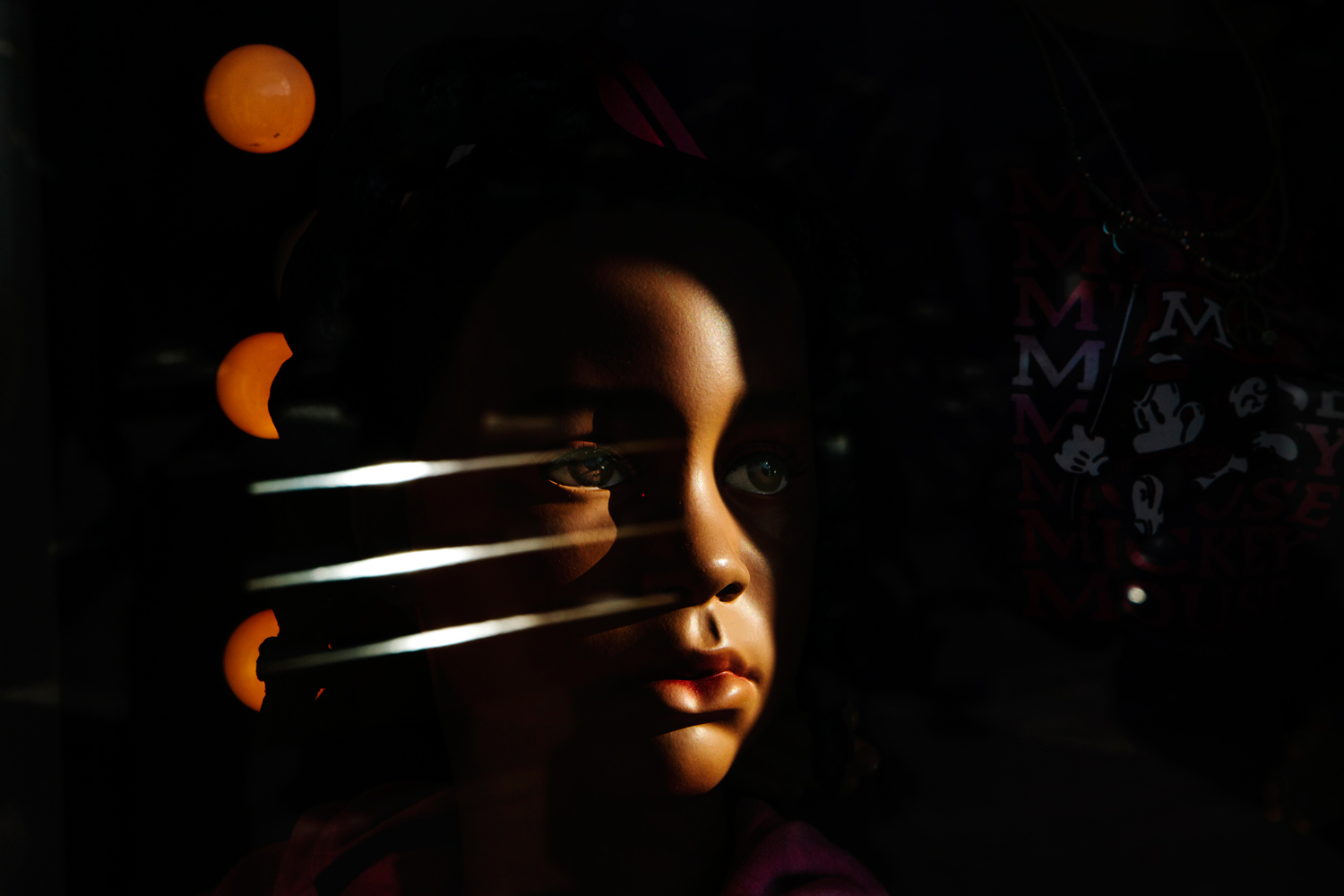
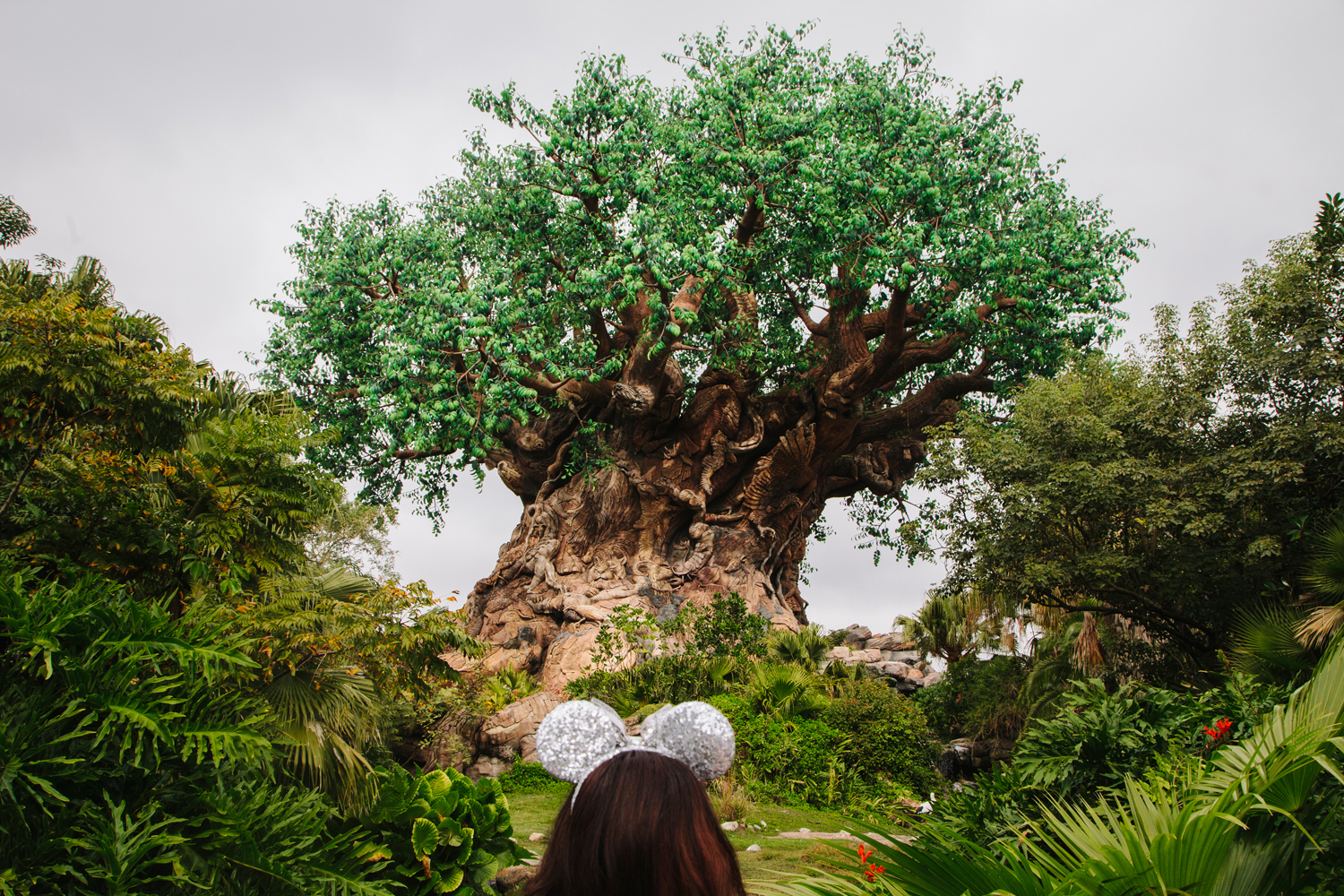
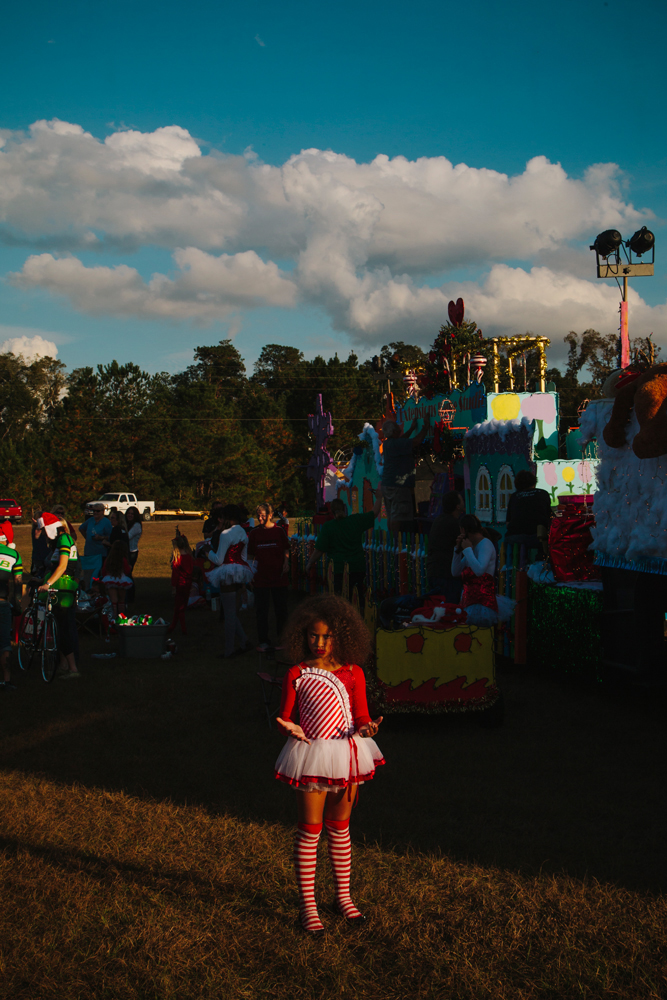
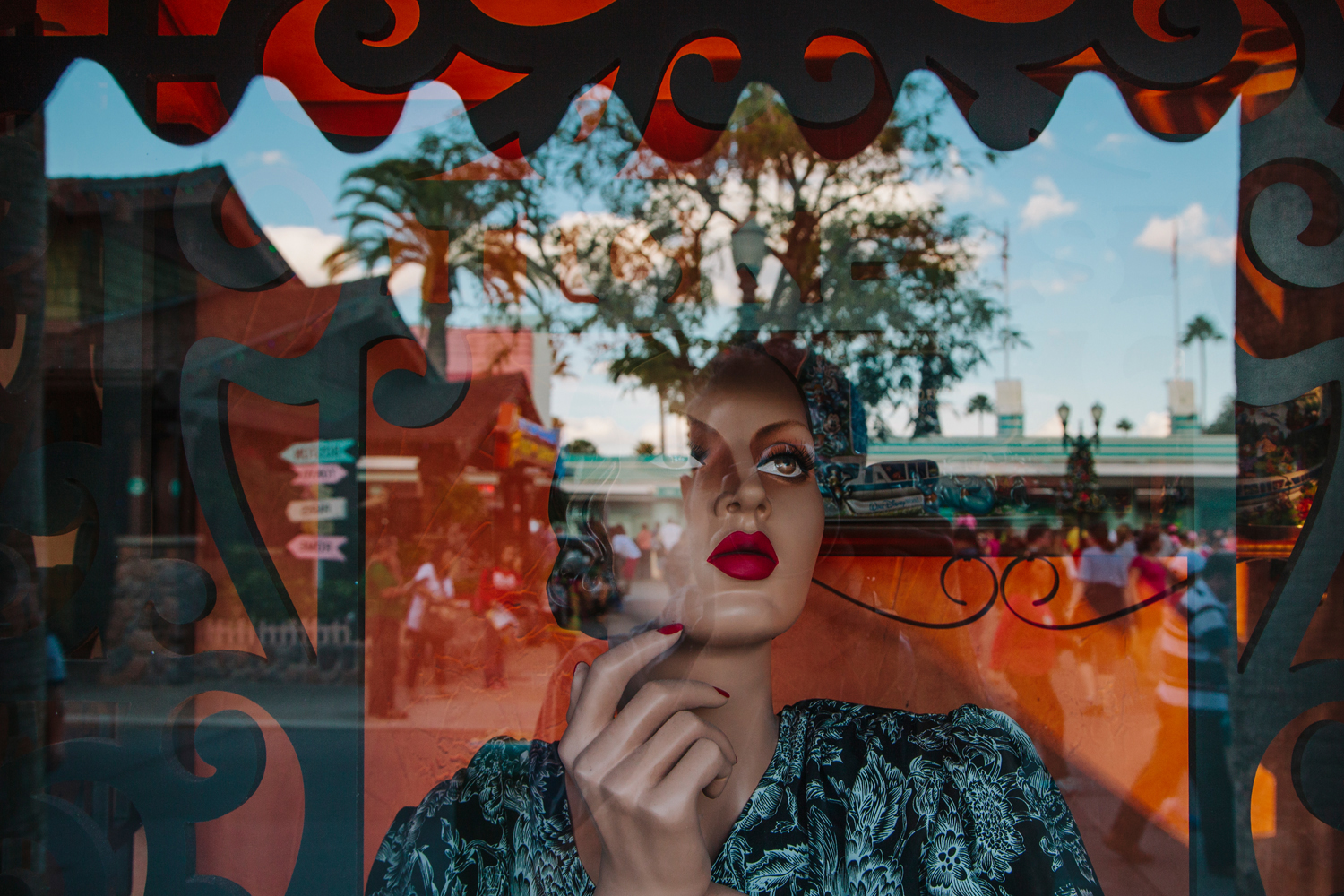
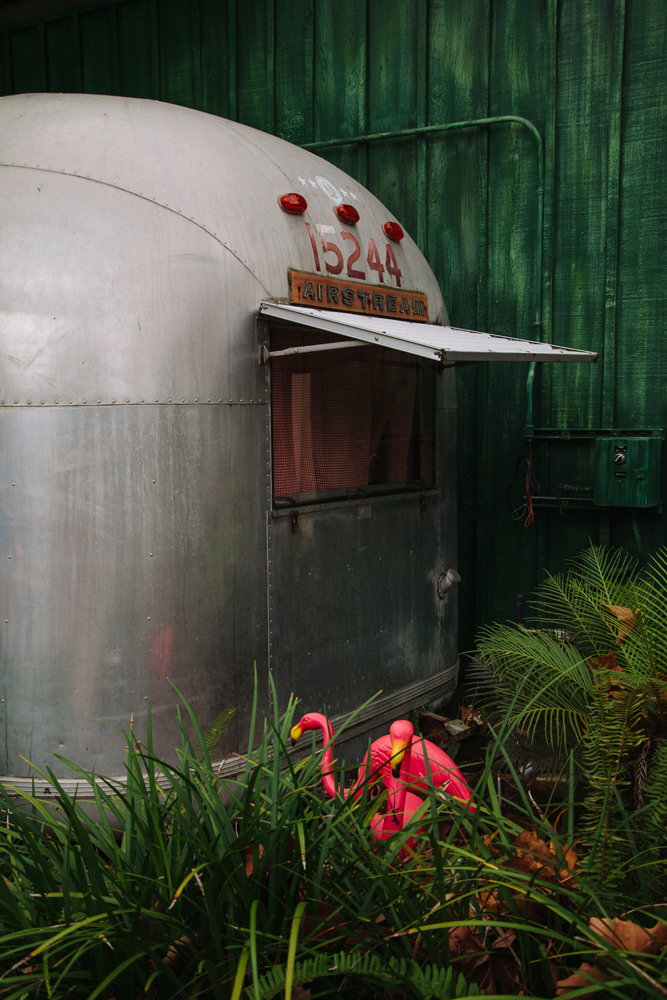
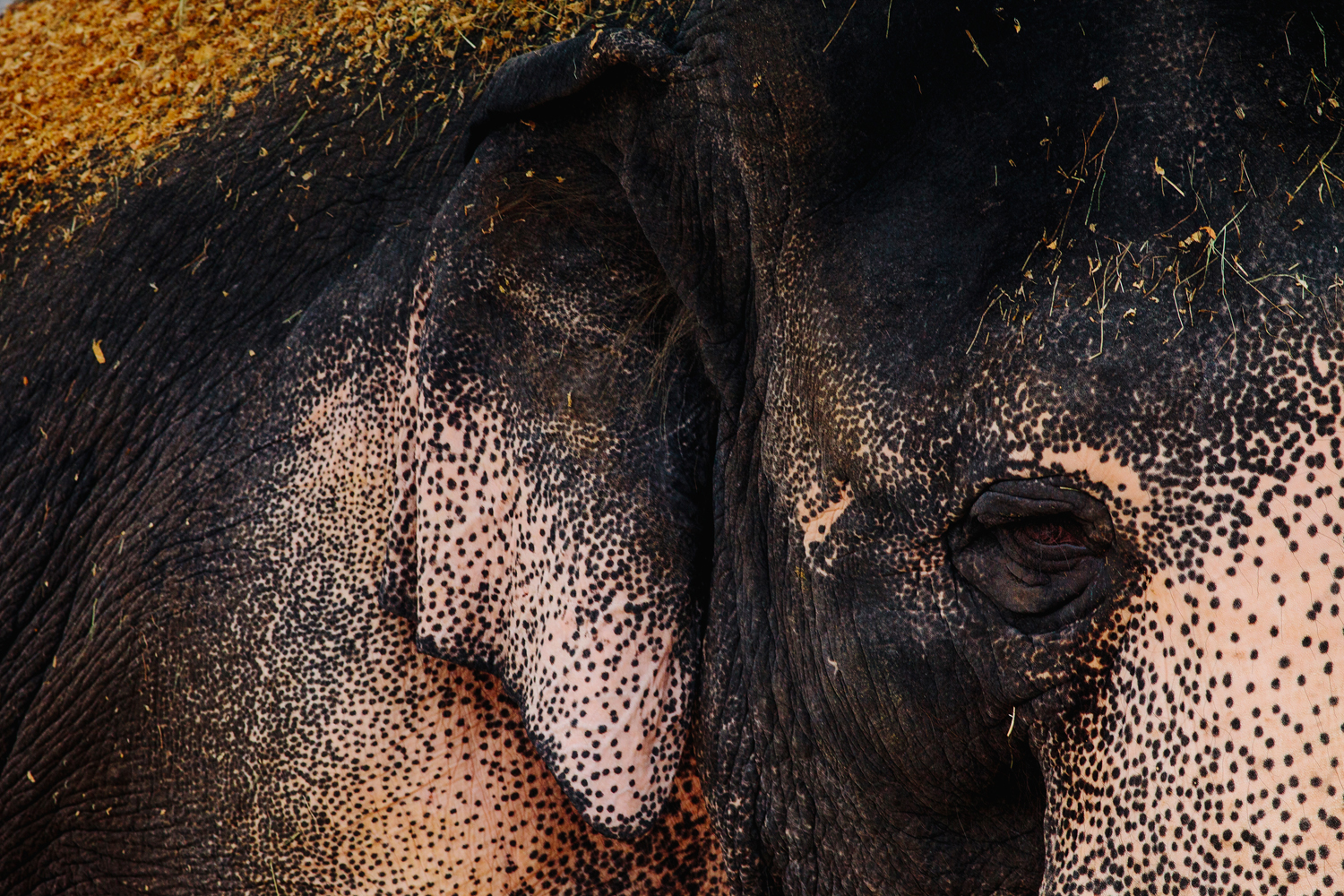
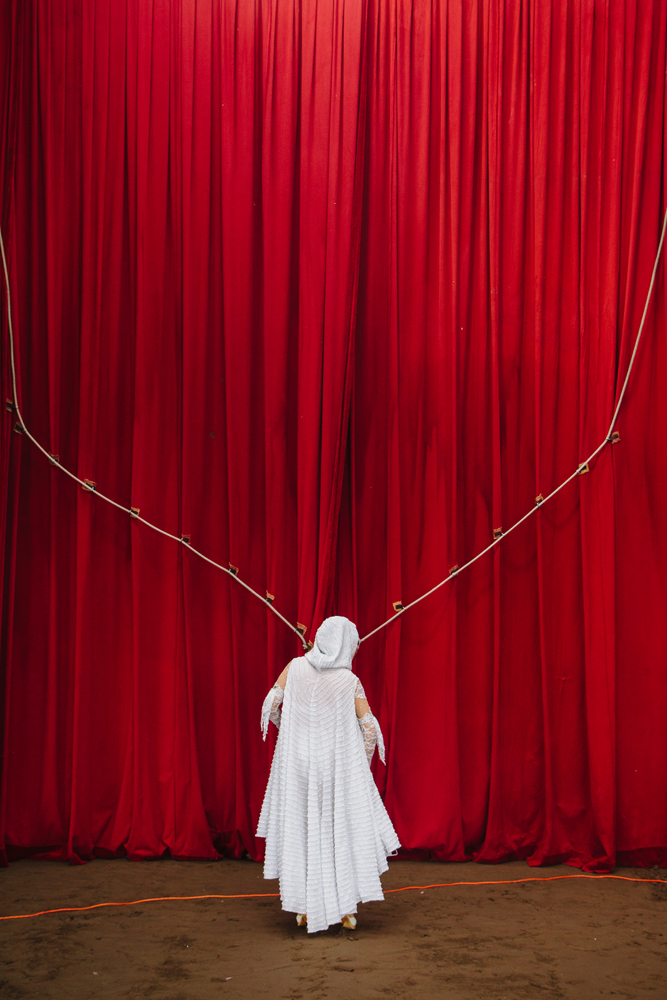
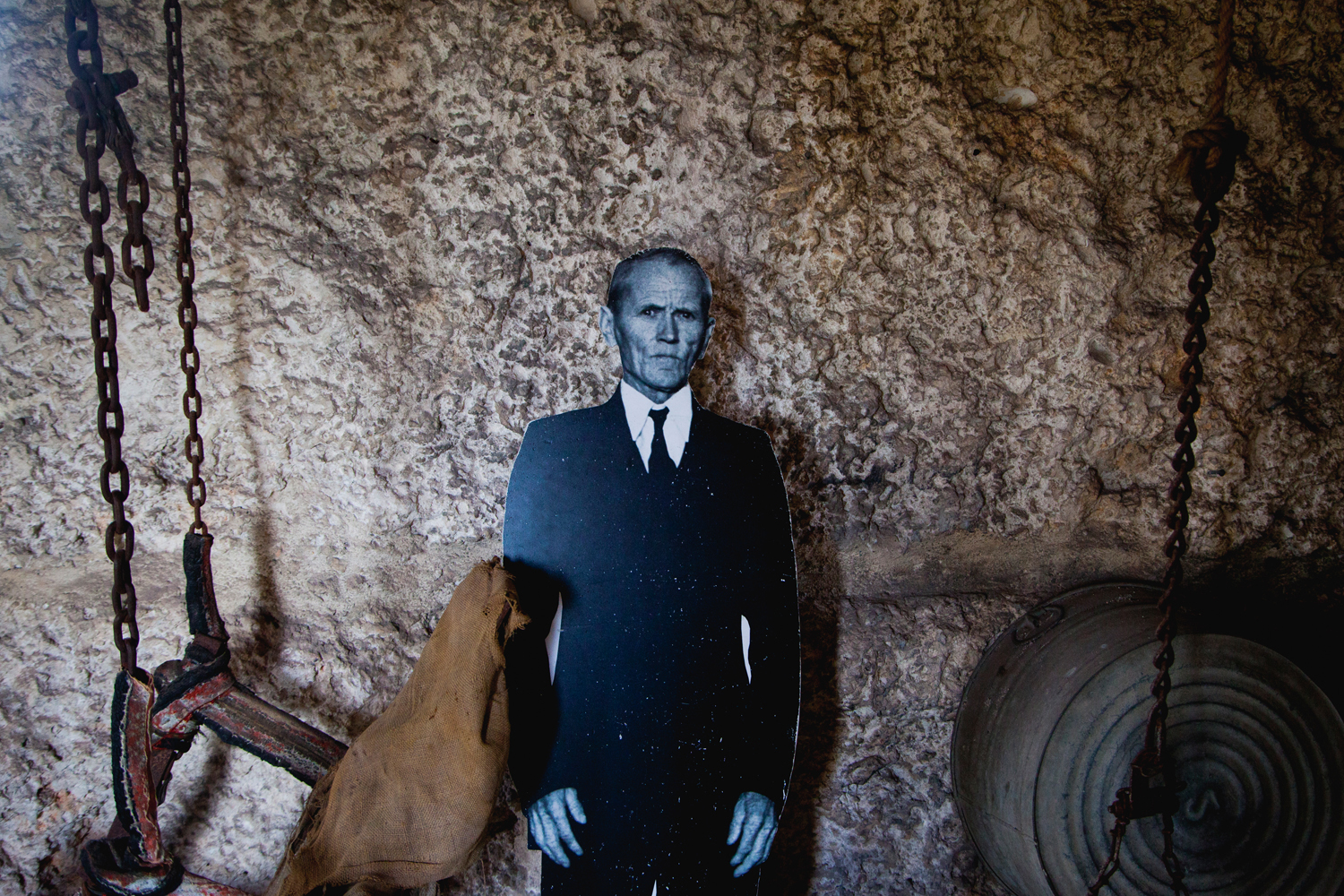
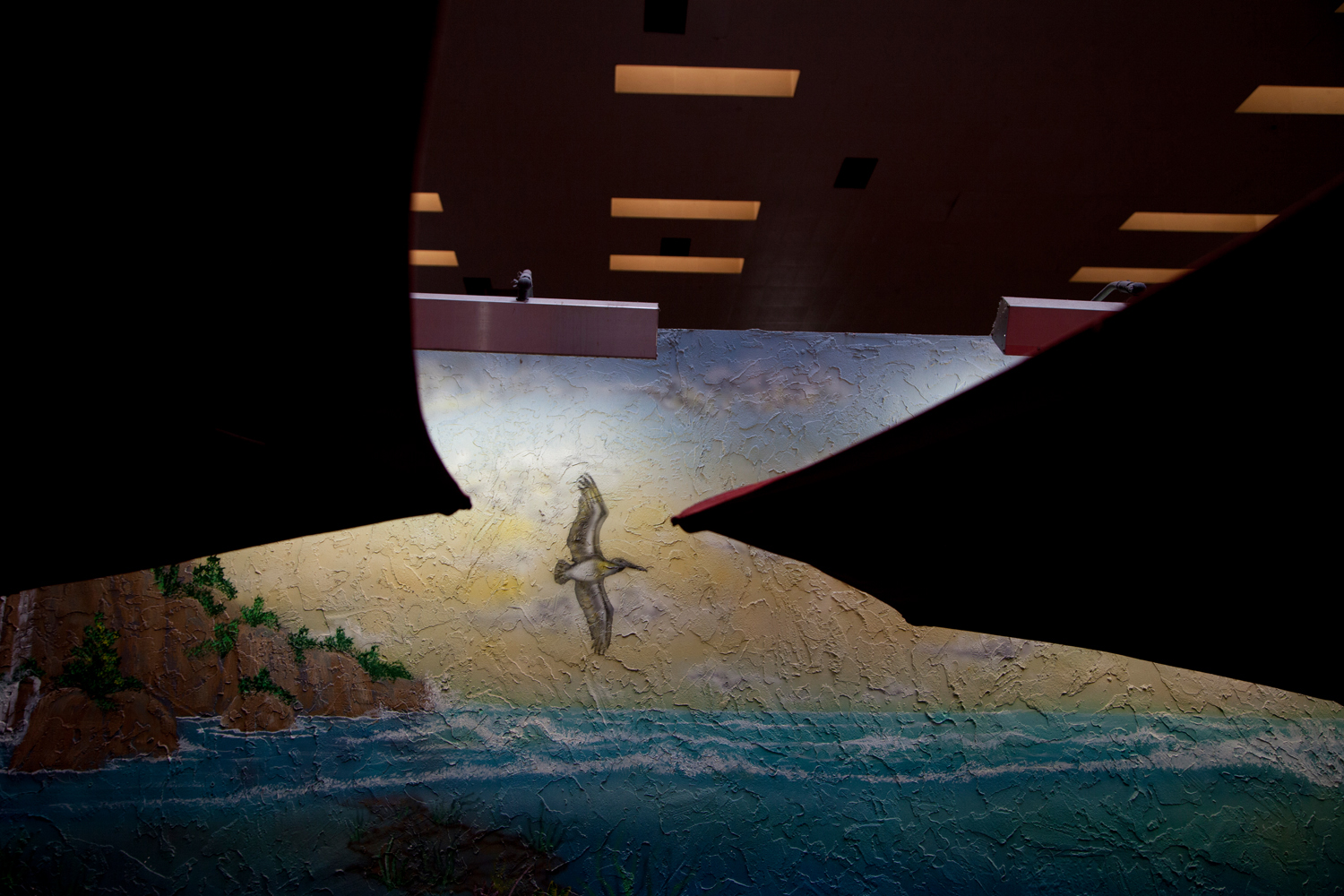
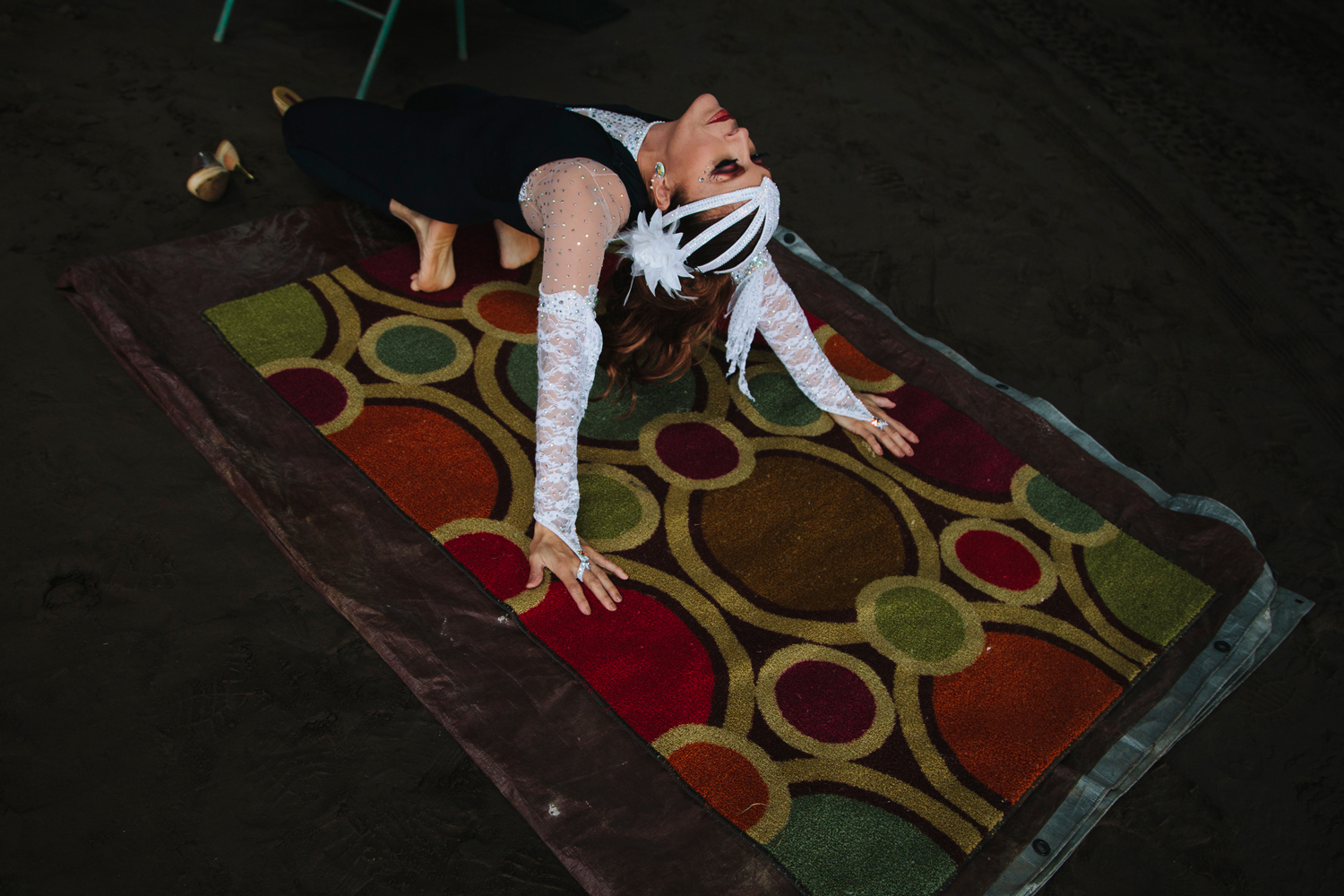
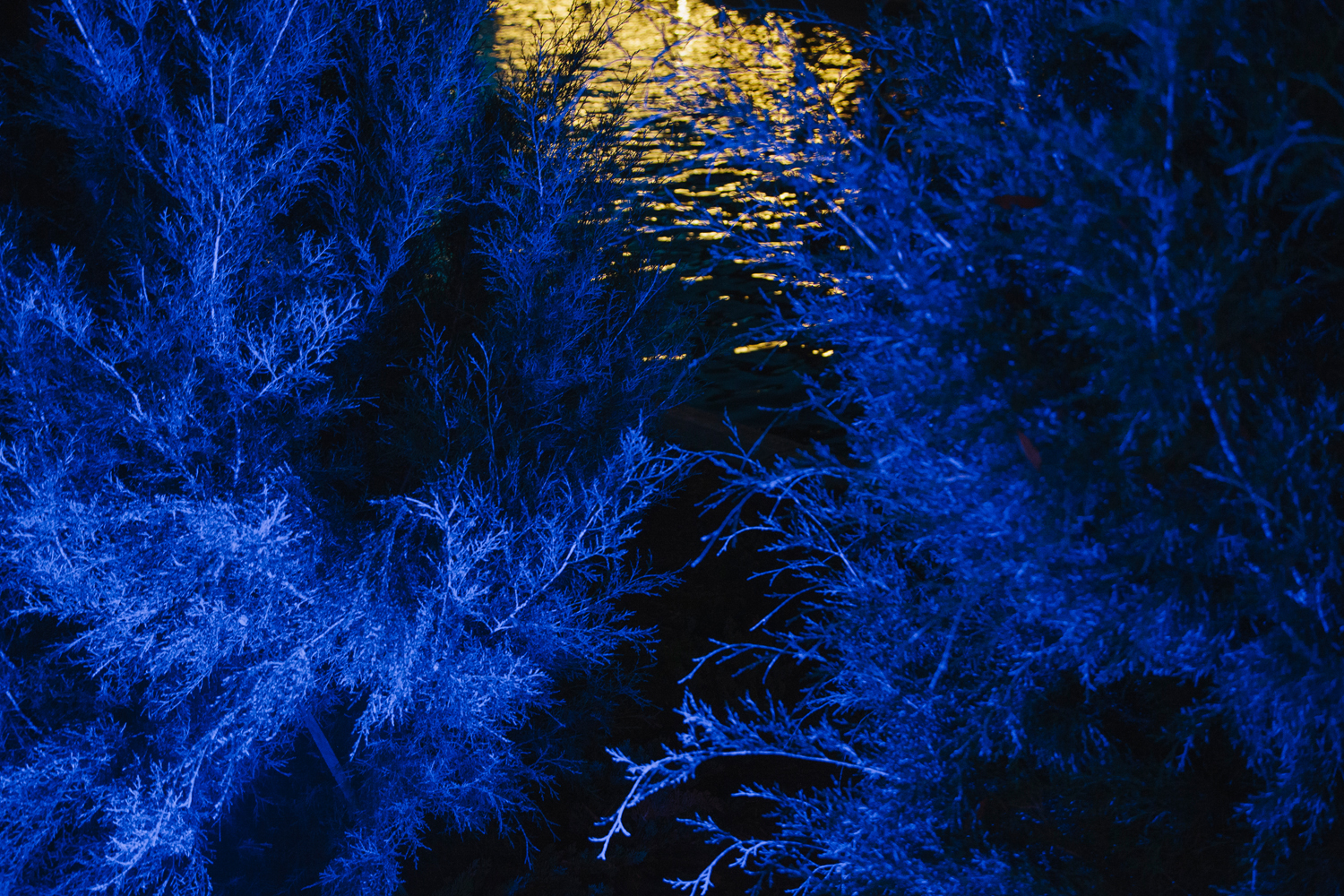
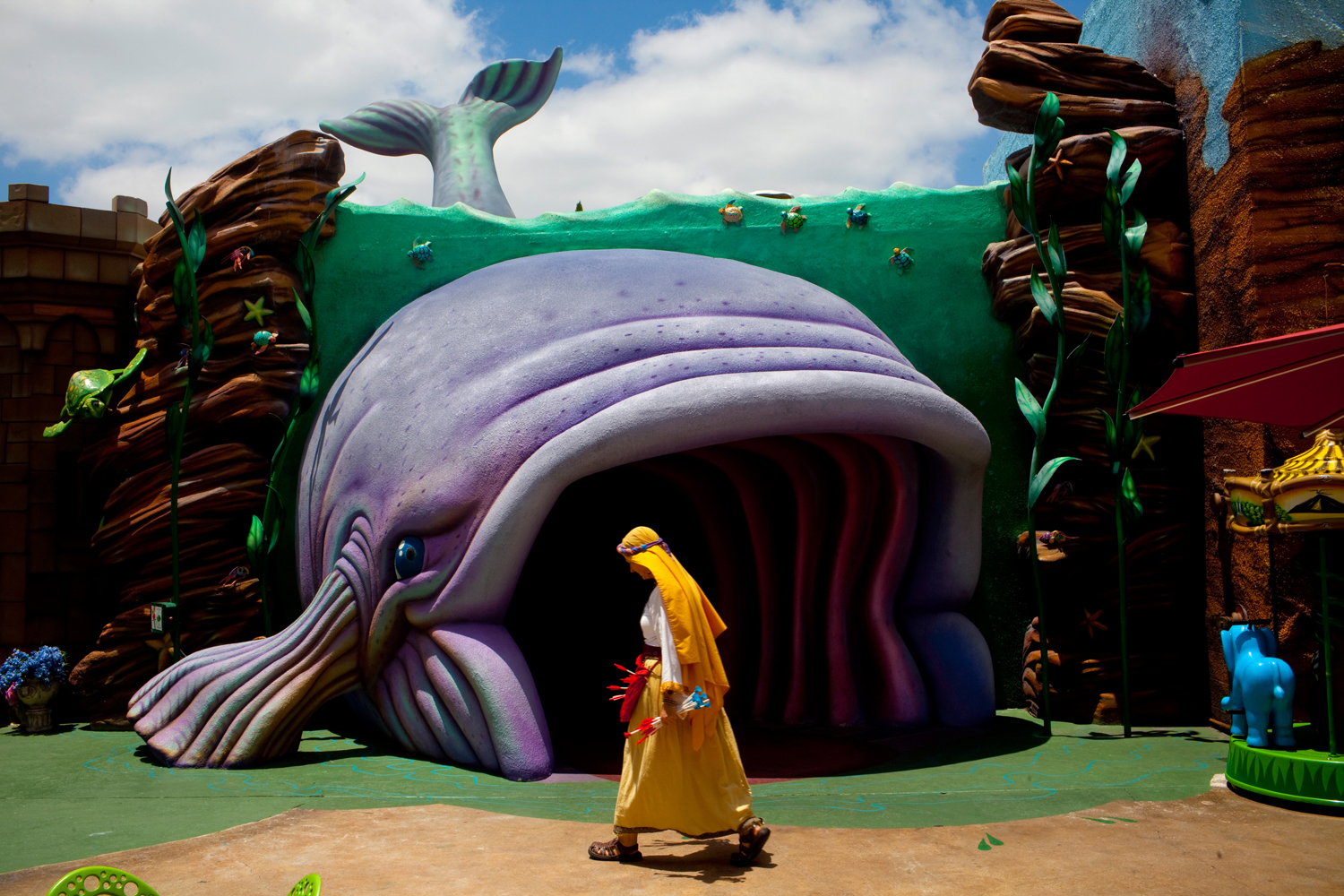
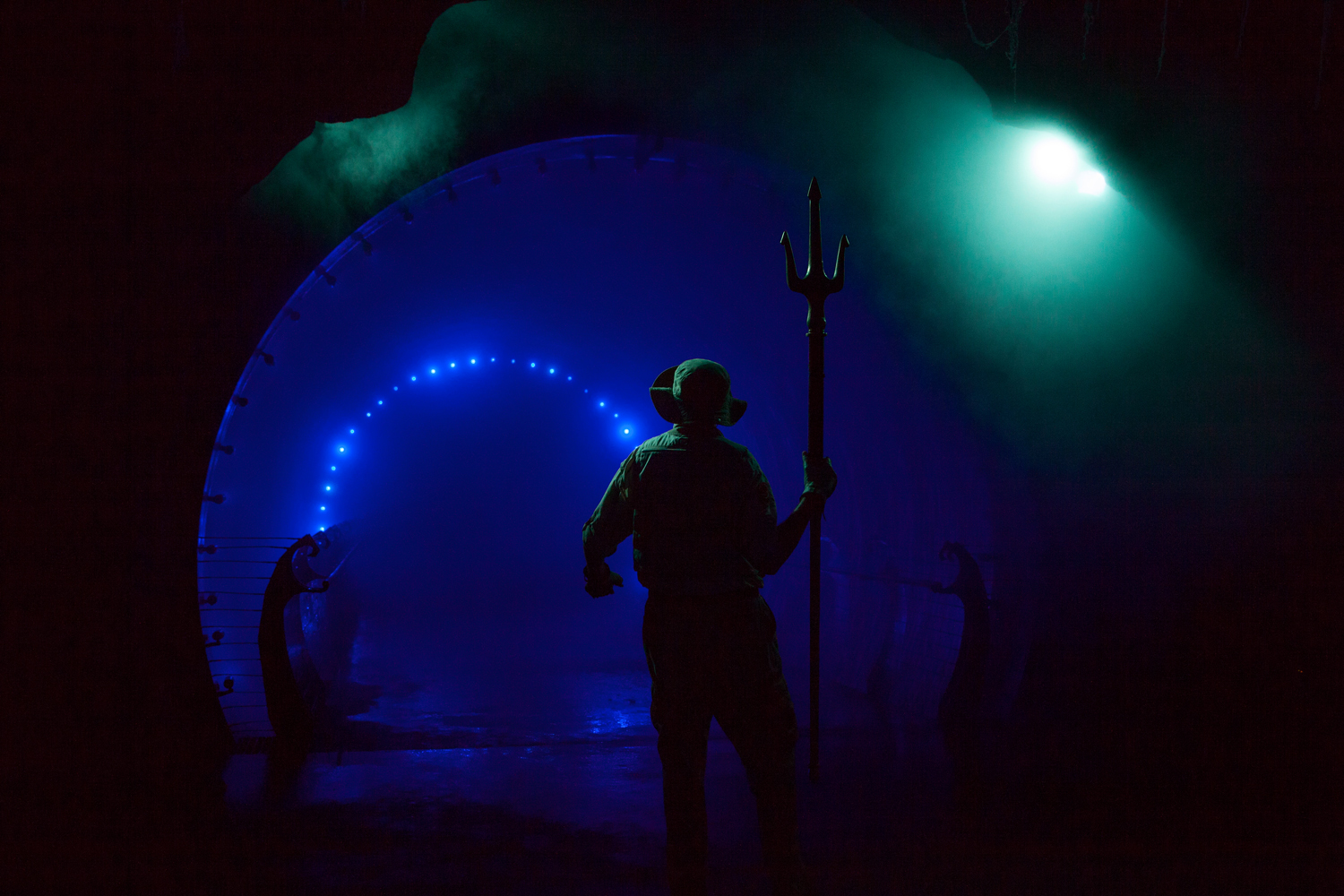
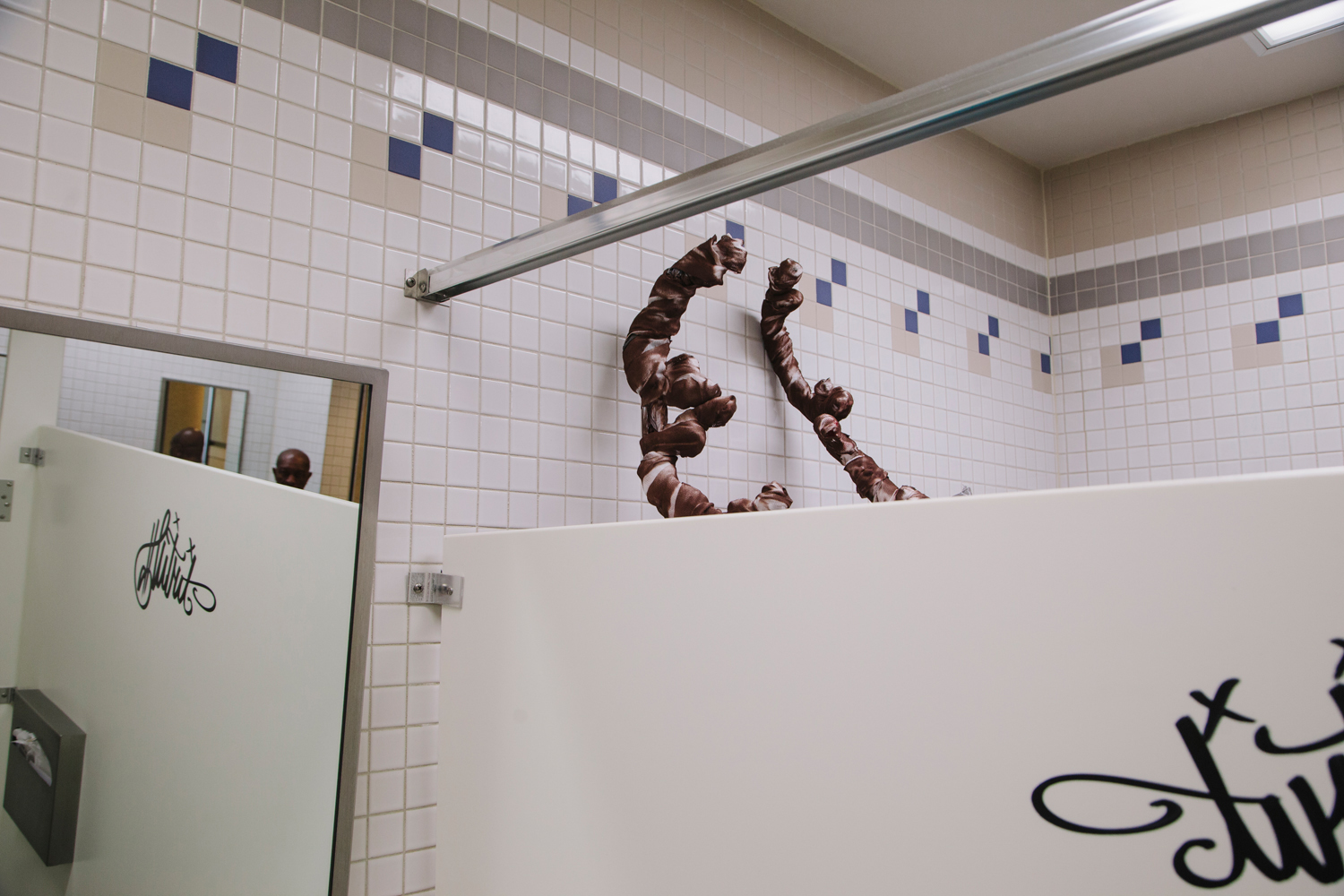
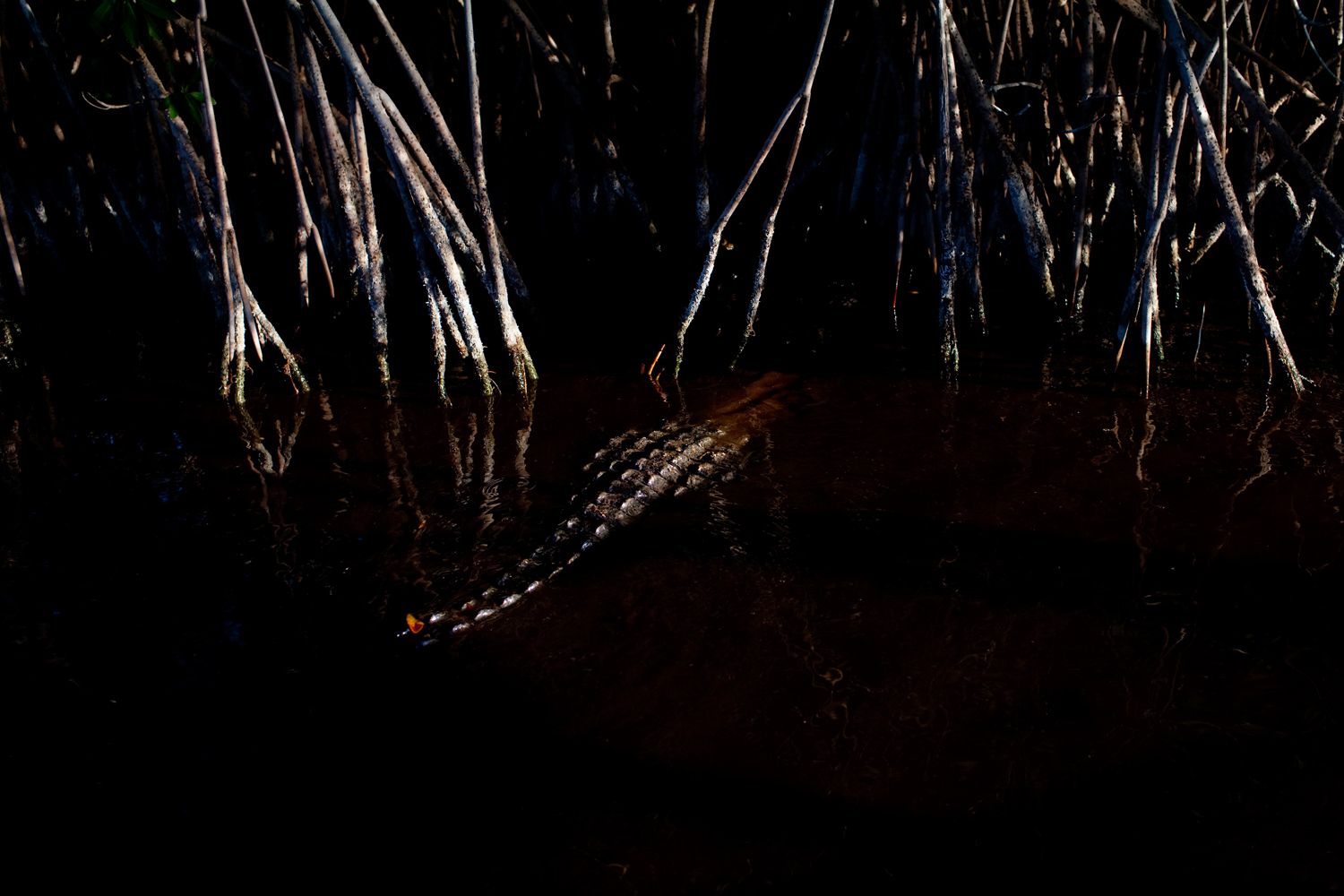
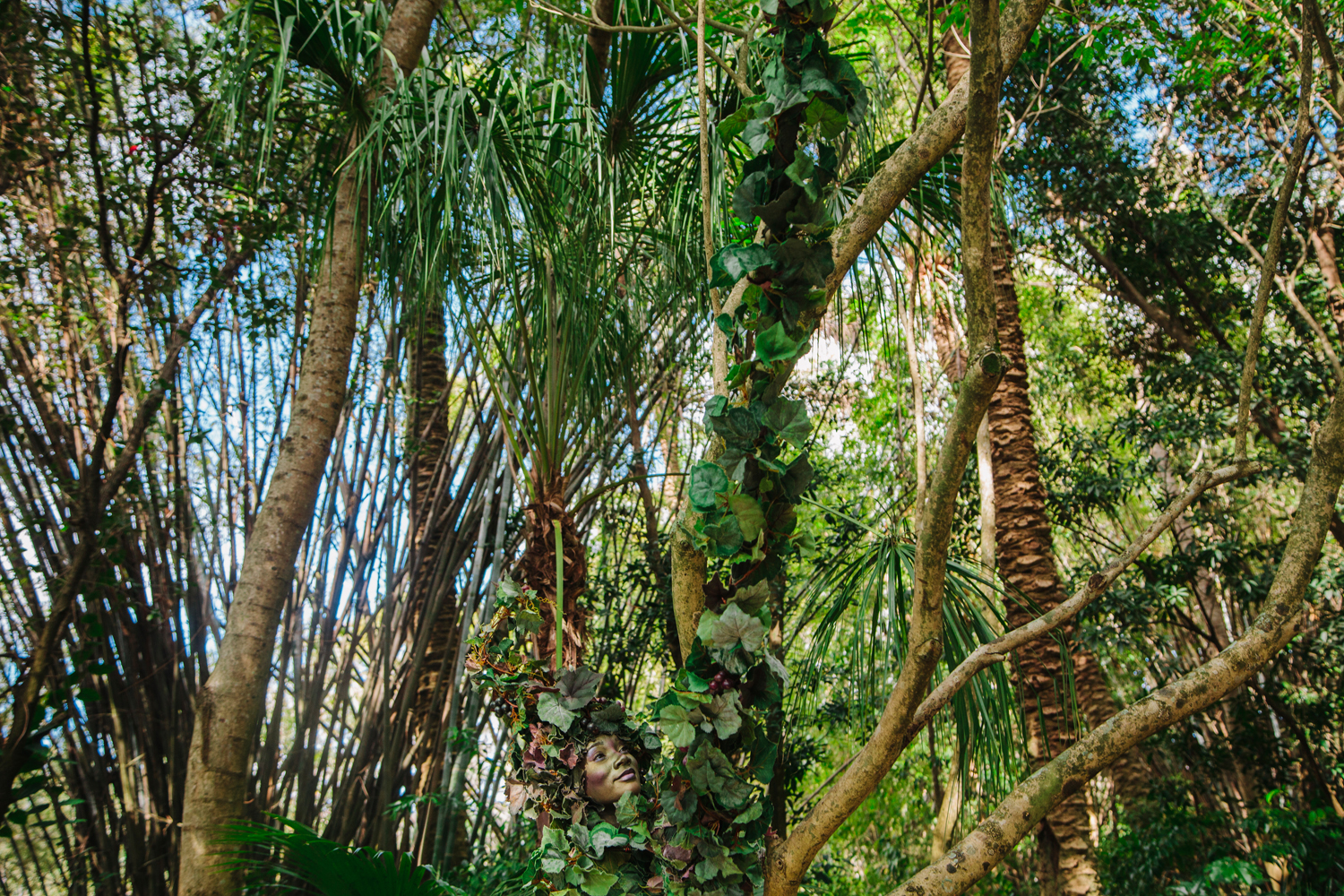
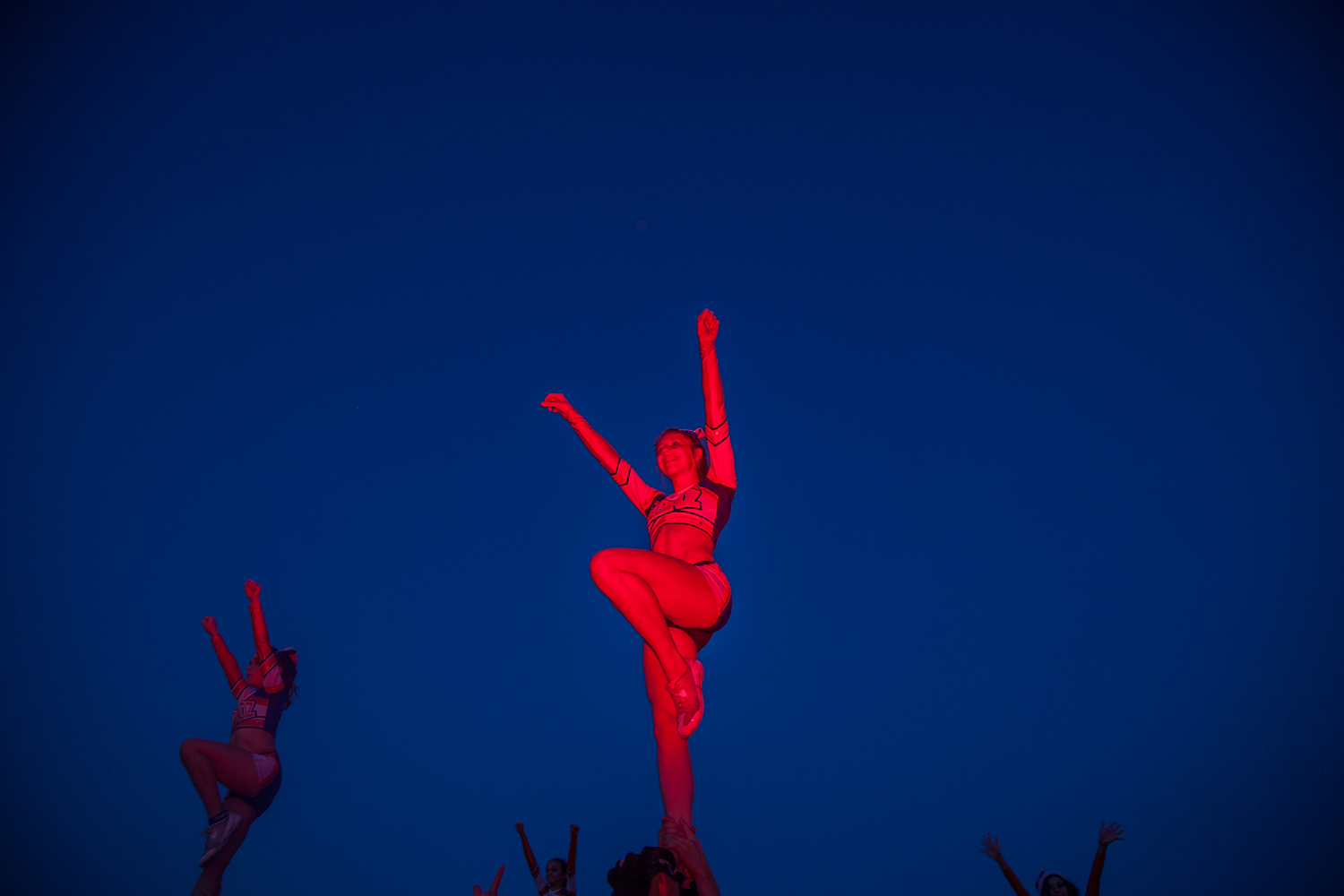
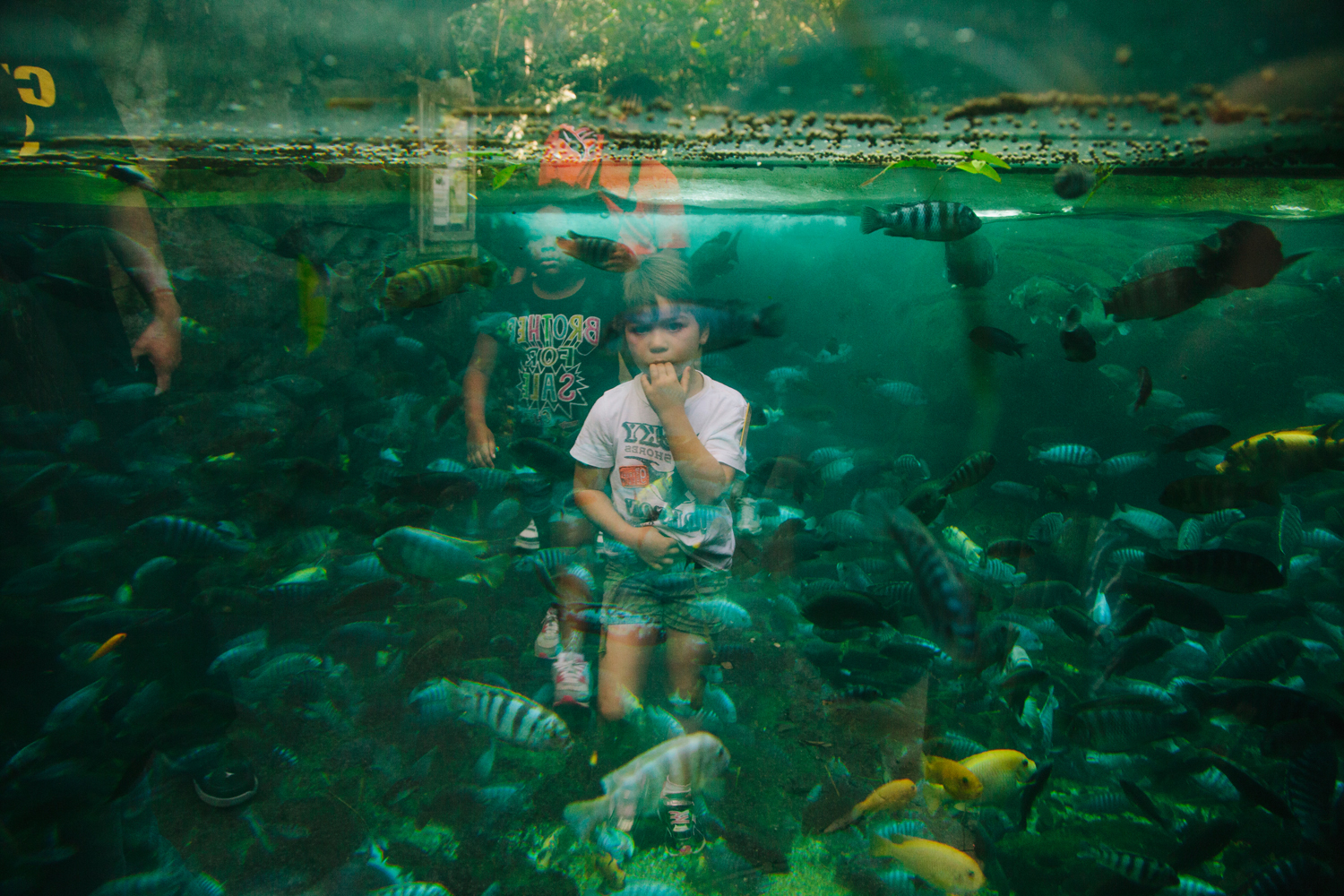
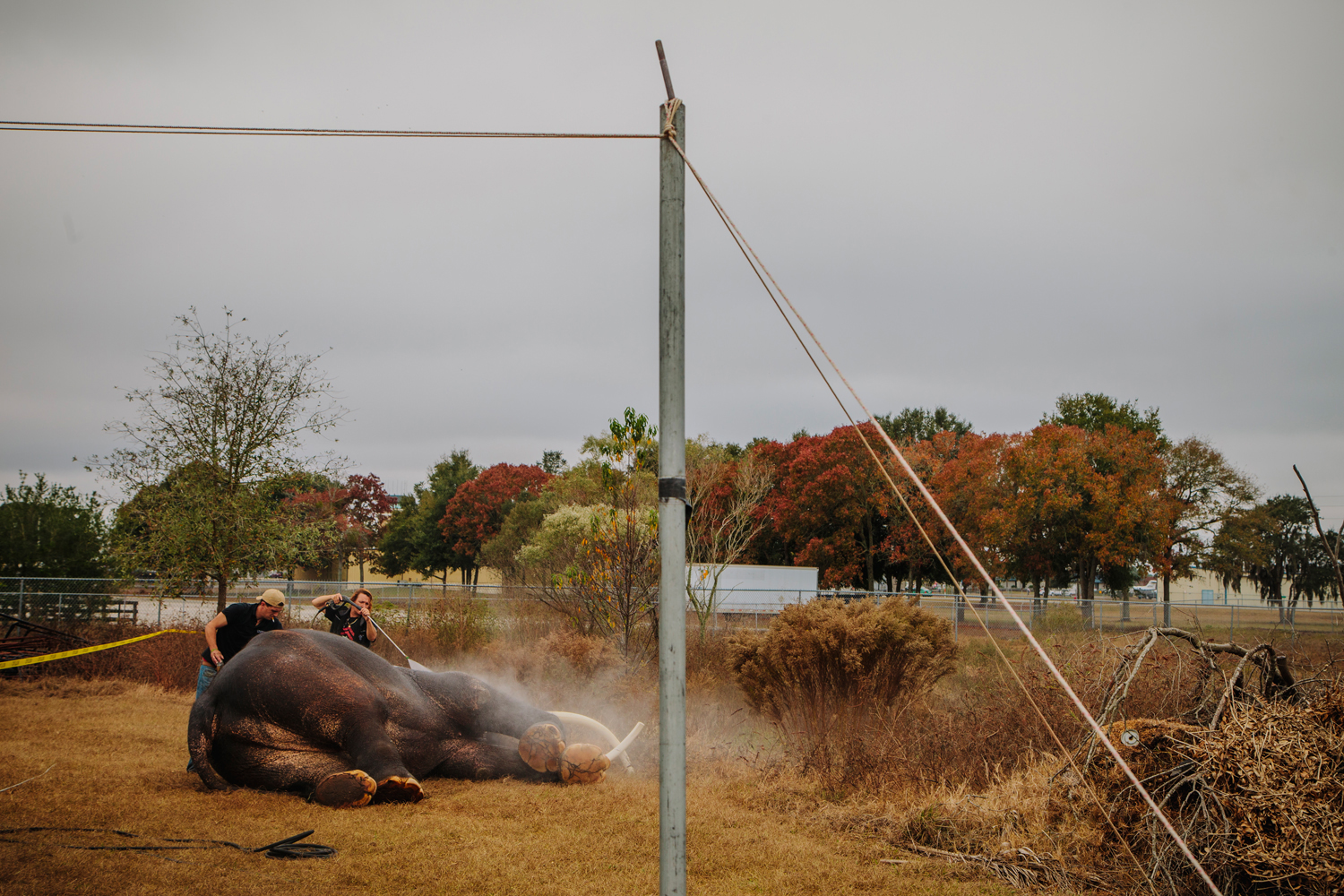
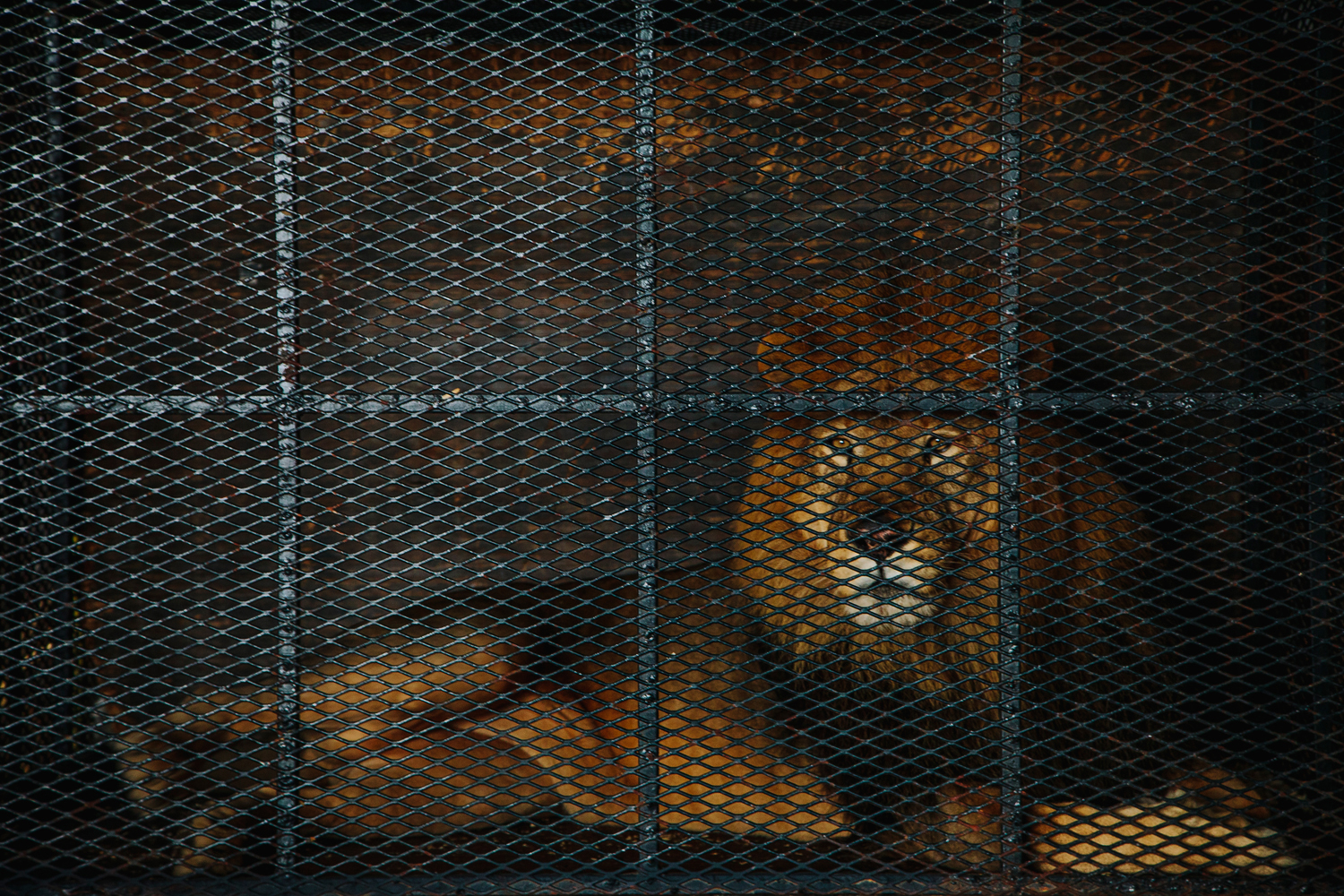
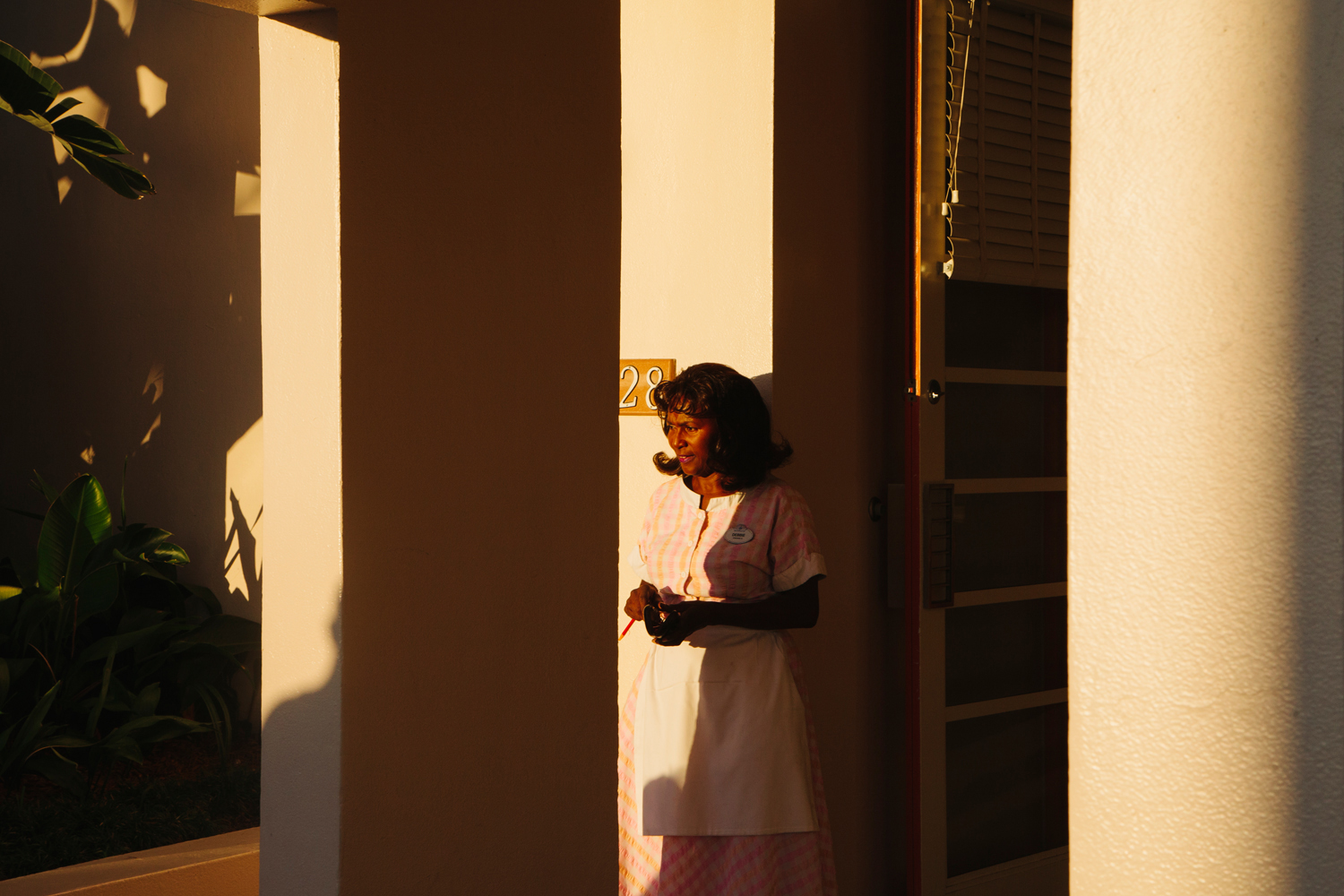
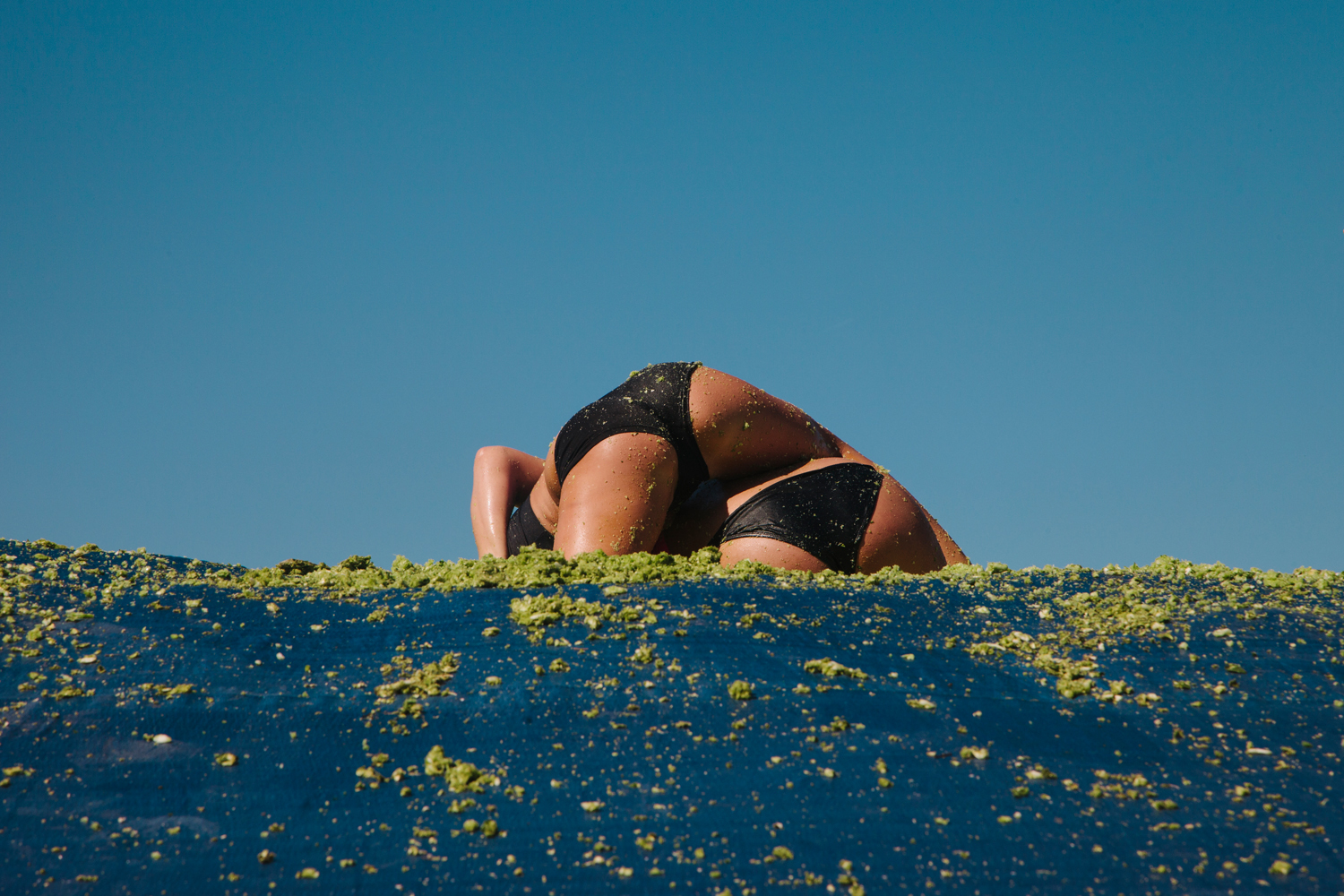
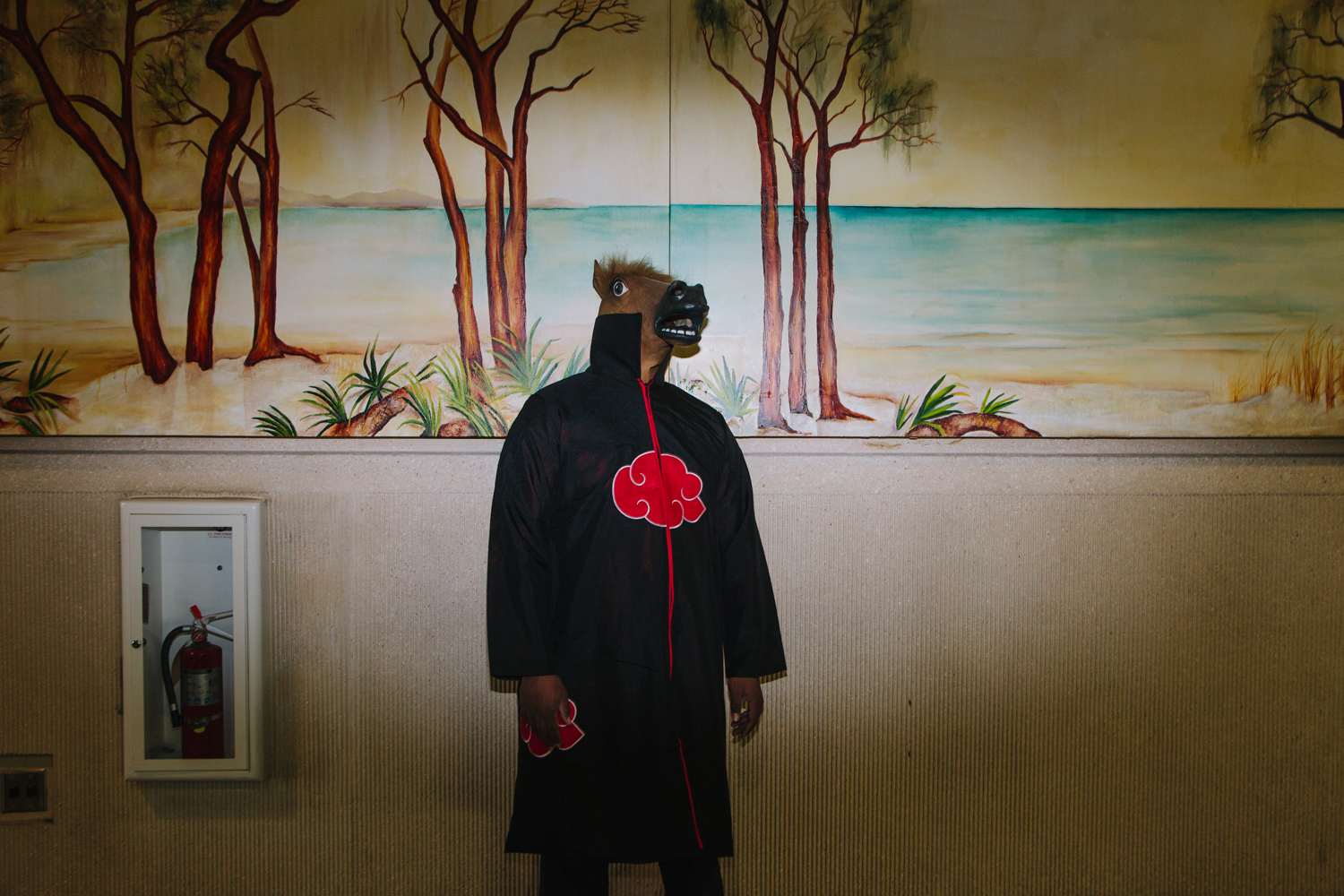
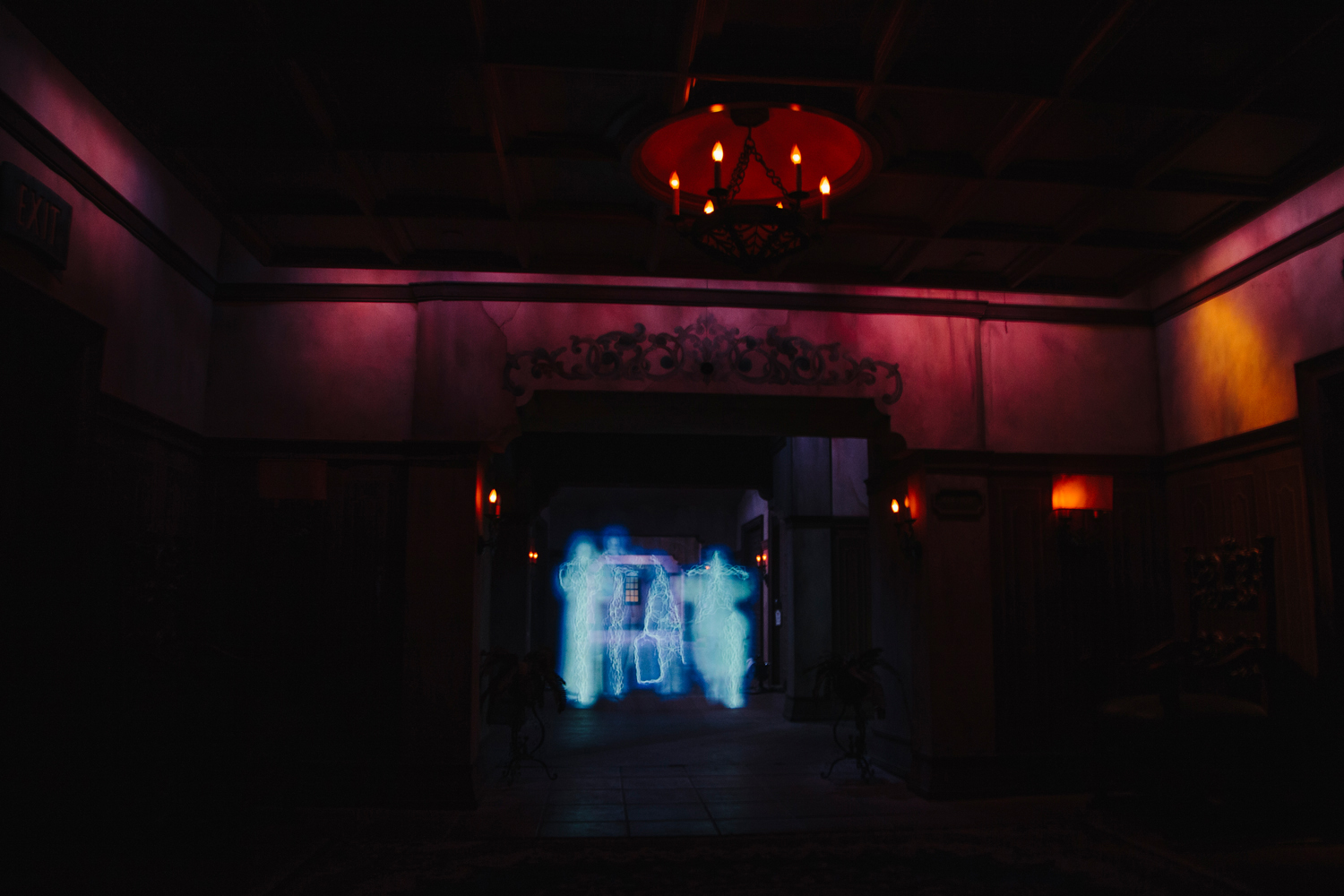
More Must-Reads from TIME
- How Donald Trump Won
- The Best Inventions of 2024
- Why Sleep Is the Key to Living Longer
- Robert Zemeckis Just Wants to Move You
- How to Break 8 Toxic Communication Habits
- Nicola Coughlan Bet on Herself—And Won
- Why Vinegar Is So Good for You
- Meet TIME's Newest Class of Next Generation Leaders
Contact us at letters@time.com